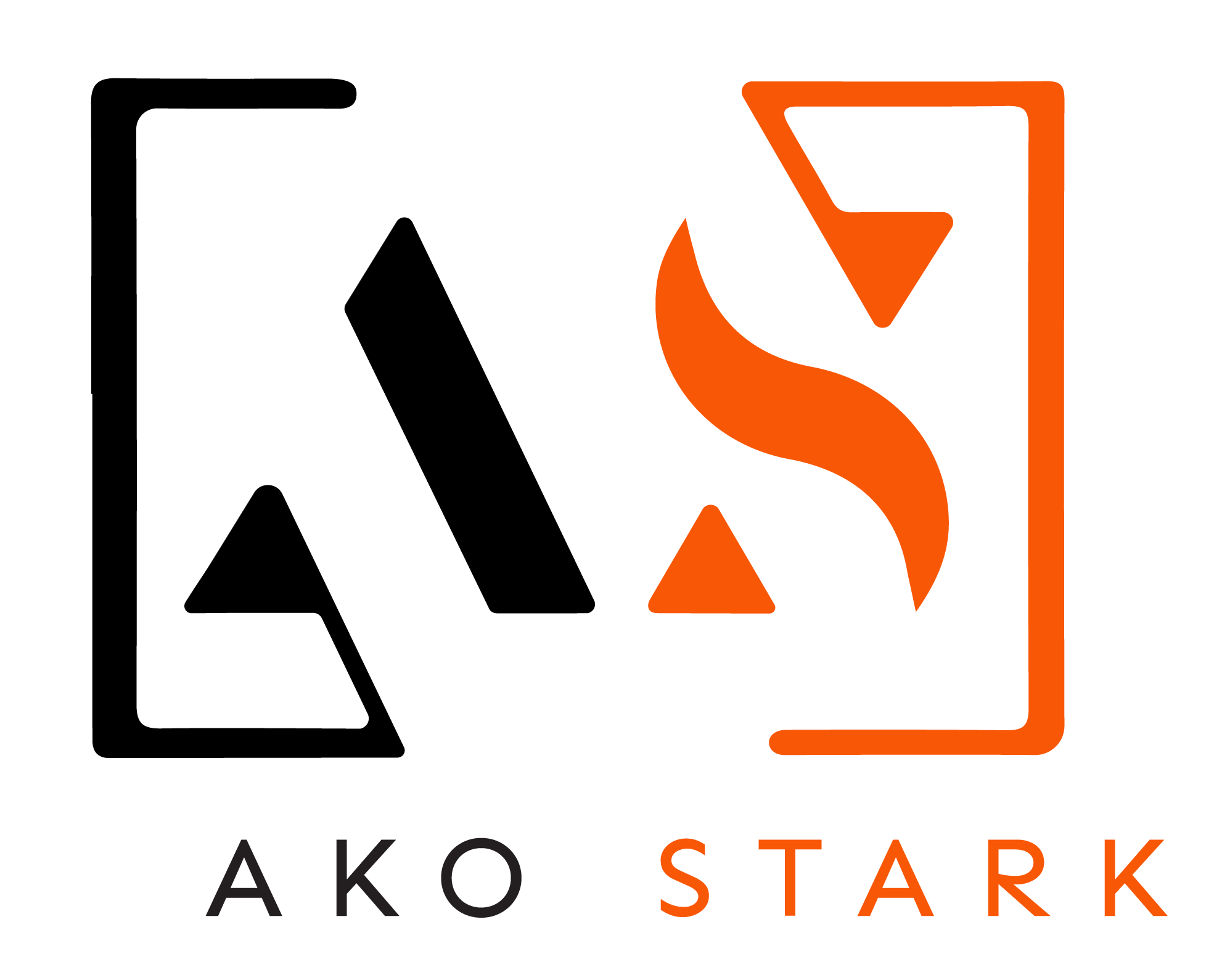SEO, or Search Engine Optimization, is the art and science of enhancing a website's visibility in search engines. By optimizing the site's technical setup, content relevance, and link authority, we ensure that its pages are more discoverable, relevant, and popular in response to user searches, leading to superior search engine rankings.
The Evolution of SEO: Beyond Basics
While traditional SEO focuses on keywords, meta tags, and backlinks, the modern approach integrates user experience (UX) as a pivotal element. A seamless UX not only satisfies users but also signals to search engines that your site is valuable, thereby improving your rankings.
The Core of SEO: Understanding Search Engines
Search engines aim to serve users with the most relevant results. They crawl the web, indexing pages and using complex algorithms to determine which pages best answer a user's query. This process involves analyzing a site's content, usability, and popularity.
Why Google Reigns Supreme
Google, holding about 83% of the global search market, sets the standard for SEO strategies. Its algorithms prioritize sites that offer valuable content, fast loading times, mobile optimization, and a positive user experience.
Introducing Voice Search Optimization
An emerging frontier in SEO is optimizing for voice search. With the rise of digital assistants, more searches are conducted through spoken queries. This shift requires a focus on natural language and question-based content, making your site more accessible to voice search users.
The Anatomy of Search Results: A Closer Look
Search Engine Results Pages (SERPs) feature a mix of paid advertisements and organic listings. Google's layout may include various elements like maps, images, or videos, depending on the query. Understanding these components allows businesses to better target their SEO efforts.
The Power of SEO: Driving Organic Traffic
Effective SEO strategies elevate your site's organic search rankings, bringing in more traffic without the cost of paid ads. This involves not just optimizing for keywords but also ensuring your site is technically sound and provides a great user experience.
UX: The New SEO Currency
Enhancing your site's UX is crucial. This means improving site speed, ensuring mobile responsiveness, and designing intuitive navigation. A site that delights users will likely rank higher, as it aligns with search engines' goal to prioritize user satisfaction.
Voice Search: The Future is Now
Optimizing for voice search involves understanding the conversational tone of voice queries. Incorporate long-tail keywords and structured data to help your site rank for spoken questions, making your content easily retrievable by voice assistants.
SEO as a Holistic Strategy
SEO today is more than just keywords and links; it's about providing a comprehensive, enjoyable online experience. By focusing on the technical, content, and UX aspects of your site—and now, voice search optimization—you can achieve higher rankings and attract more traffic.









